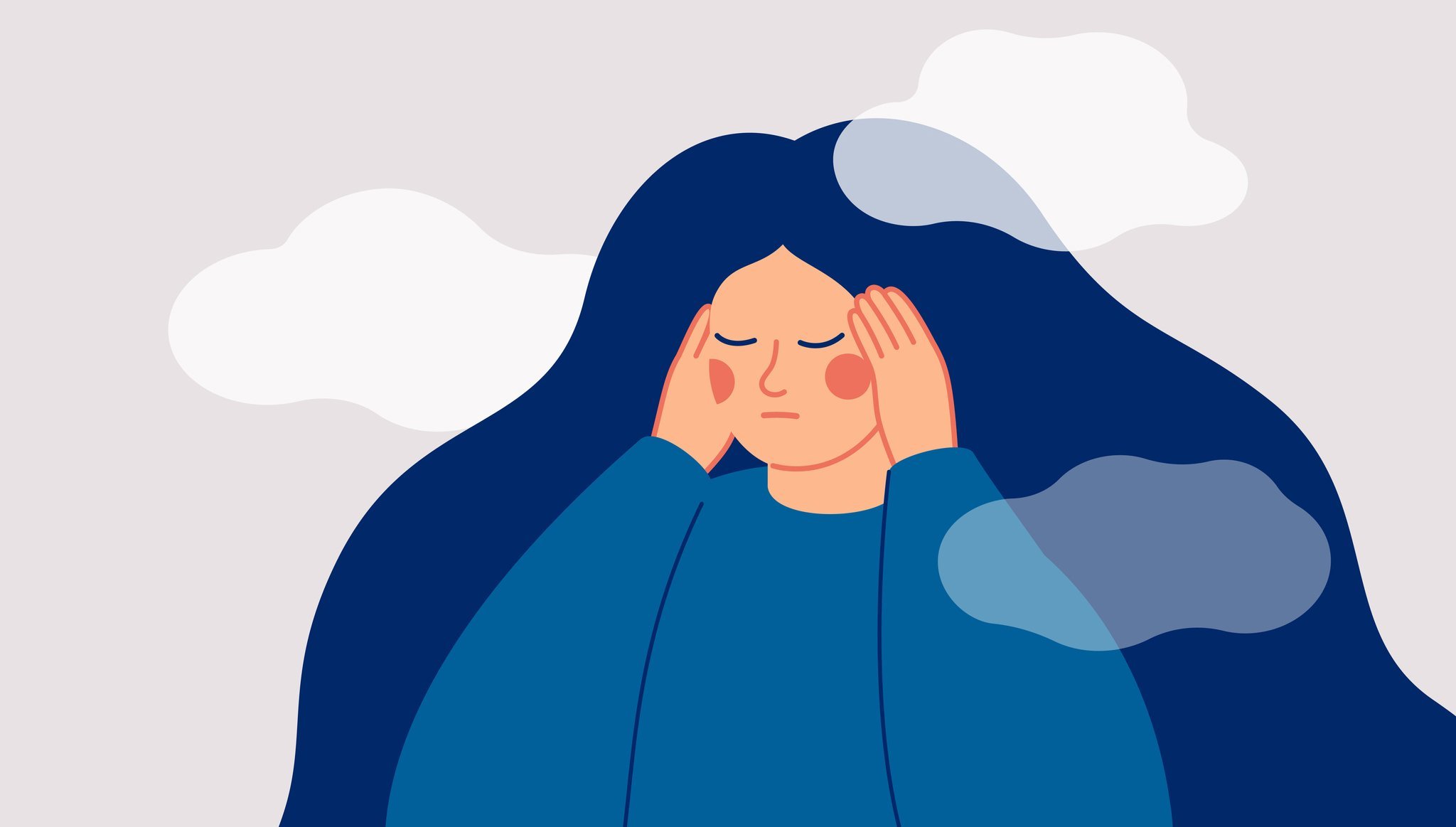Never Anorexic: I Am Not My Eating Disorder
Even when I was extremely thin and ill, I remember still feeling unsatisfied. I remember thinking an extra pound off wouldn’t hurt. I remember continuing to restrict the food that my body desperately needed. And while I starved my body, an ineffable feeling of pride bubbled inside of me when I saw the number on the scale go down with each passing day. When I stared at my reflection in the mirror, I felt proud for being skinny because that was something that I had never been before.
And yet, I knew. I knew deep inside that I was very ill and that I couldn't continue on like this. But despite that knowledge, I was so reluctant to change. I felt like my eating disorder provided me with a sense of self-confidence that I had previously lacked, and giving up anorexia would mean giving up that part of my identity that provided me with a rare scintilla of pride in myself.
When I was sick, I often dreamed about life after recovery. The happiness. The freedom. And the activities that I might go back to. But with my dreams, nightmares eventually followed, causing a dreary thought to form in my mind: But if I recovered, I would lose all the “success” that anorexia has brought me. I would no longer be thin. I would no longer be anorexic. Of course, I now know this was the eating disorder talking.
Reflecting upon my past situation now, I realize that during my battle with anorexia, I was cold, tired, weak, thin, and hungry – but I was never anorexic.
No one is or should be called “anorexic” because that insinuates that they can be identified and defined by their illness – which is most definitely not the case. But unfortunately, many patients – like my past self – do not see it that way. In fact, many patients suffering from anorexia, or any mental illness for the matter, may find themselves developing an emotional attachment to their illness and inadvertently begin to consider it as a part of their identity. A part of how they and other people identify them. Consequently, while in the recovery process, they might feel that if they truly recover, they will lose a large part of their identity.
When I was in the weight restoration phase of the recovery process, an incessant fear of becoming fat hovered in my thoughts. Of course, fear of weight gain is a symptom of anorexia, but I think that perhaps it's more than just the “fear of gaining weight” that prevents individuals battling with the illness from willingly gaining back the weight they lost. When people live in a society that appraises diet culture and projects a negative image of being “overw*ight” (a stigmatizing term), it causes them to inadvertently place more importance on their physical appearance – which can be especially detrimental to individuals who are suffering from or are more vulnerable to developing an eating disorder.
My story, of course, is much more complicated than that, but the bottom line is that when I eventually did become “skinny,” a part of me liked the increased confidence and self-esteem this new self identity gave me. People around me began to notice, they started complimenting me and my thin frame. This only furthered my attachment with the word – skinny – as I subconsciously began identifying with that description. I was at my sickest during the COVID-19 lockdown so not many people had the chance to see how I had changed. But even then, the few people I interacted with inadvertently started to associate me with my illness. With the fact that I was skinny and barely ate. With the fact that I had anorexia.
As a result, my recovery journey was not easy. I felt that each action I took to eat more, to fight back against my eating disorder, was an action that attacked a part of myself that I had become proud of. But if I could tell past me anything, it would be that I would not be losing any part of myself by recovering from my eating disorder because the eating disorder was never a part of who I was; it was something that I battled with. Something that was hurting me and taking away the aspects of my life that brought me joy. And if I recovered, I would be ridding myself from the stress and unhappiness both in my life and in those that cared about me.
I know now that deciding to pursue recovery is something one should be proud of, rather than something to feel guilty for.
To those who are in recovery or have recovered from an eating disorder: even when you’re committed on the path of recovery, you might find yourself missing your previous body, habits, and/or the number on the scale. But it’s crucial to remind yourself how much you’ve gained. How many smiles, laughs, and irreplaceable moments you’ve shared with your friends and family. By pursuing recovery, you’re gaining back a part of your identity that the eating disorder took away from you.
I was cold, tired, weak, thin, and hungry. Now I’m happy, strong, and involved in the activities that I love. But I was never, and never will be, anorexic.


